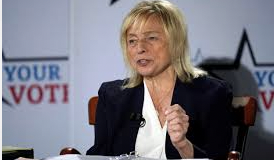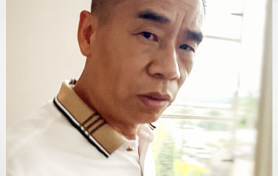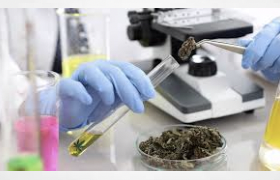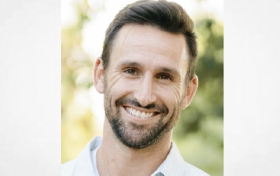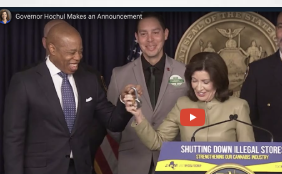Authored By: William F. McDevitt, Esq.
Pennsylvania State Senator Daylin Leach recently introduced a bill that would allow patients who have serious medical conditions to expunge criminal convictions for marijuana possession that predate the opening of licensed medical marijuana dispensaries (as set forth in the bill, February 15, 2018). In February 2018, Philadelphia District Attorney Larry Krasner, with the full support of Philadelphia Mayor Jim Kenney, announced that Philadelphia would not prosecute persons solely for marijuana possession (though “non-personal” use and crimes associated with sales of marijuana will continue to be pursued). Pennsylvania Auditor General Eugene DePasquale actively advocates for decriminalization of marijuana in the Commonwealth as a means of potentially saving the state millions of dollars in incarceration and rehabilitation costs.
There are several reasons why decriminalization is becoming a hot topic in Pennsylvania:
● The Commonwealth spends a great deal of money housing and supervising citizens for marijuana possession. In 2014, Pennsylvania had the 27th highest prison population and the largest parole/probation population in the United States. The U.S. Bureau of Justice Statistics reports that in 2015, Pennsylvania had a total prison and jail population of 86,298 and a probation and parole population of 296,219. Statistics on convictions for marijuana possession without other offenses are difficult to find, but “drug offenses” represent approximately 20 percent of all prison convictions and it is believed that a significant percentage of this group represents marijuana possession cases. Marijuana possession (as found in searches or during drug tests) represents a large number of reported parole and probation violations. It is argued that decriminalization would reduce the Commonwealth’s prison, probation and parole expenditures dramatically.
● Proponents assert that decriminalization of cannabis will reduce racial disparities in the Commonwealth’s criminal justice system. African Americans outnumber Caucasians in Pennsylvania prisons by a ratio of more than 8 to 1; Hispanic inmates outnumber Caucasians by a ratio of more than 3 to 1. Mayor Kenney reports that approximately 1,400 arrests were made in Philadelphia in 2017 for possession of marijuana and 83 percent of those arrested were people of color. Decriminalization has the perceived potential to reduce the tension between police and minority groups by decreasing the number of arrests for “victimless” offenses.
● It is expected that Pennsylvania’s Medical Marijuana Act (MMA) will create thousands of jobs, but none of those jobs may be held by persons with prior convictions involving drug offenses. As noted above, African Americans and Hispanics have a statistically higher number of convictions for drug-related offenses. Decriminalization is seen as a means of assuring that people of color have the opportunity to participate in the financial opportunities offered by state-legal medical marijuana.
Decriminalization has both its advocates and detractors. It is unclear whether decriminalization efforts in Philadelphia and Harrisburg will carry to the rest of the Commonwealth. But is certain that discussions will continue between Pennsylvania’s policy makers, advocates in the cannabis industry and the public.
About the Author
William F. McDevitt is a partner in the Philadelphia office of national law firm Wilson Elser, where he is a member of the firm’s Cannabis Law practice. He can be reached at william.mcdevitt@wilsonelser.com.
